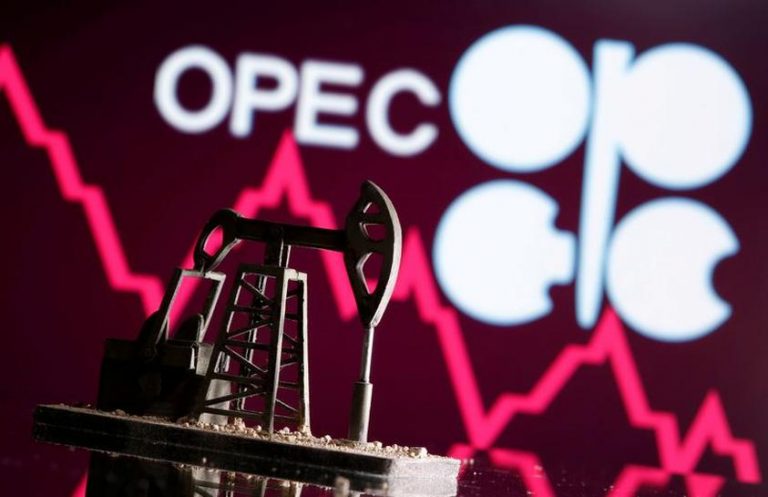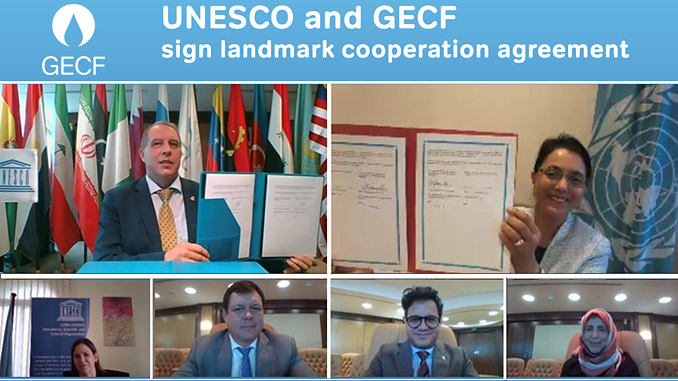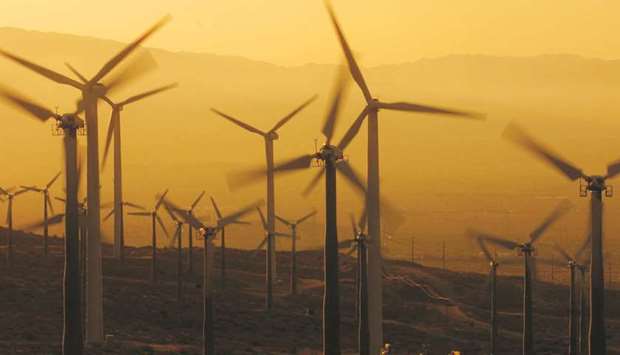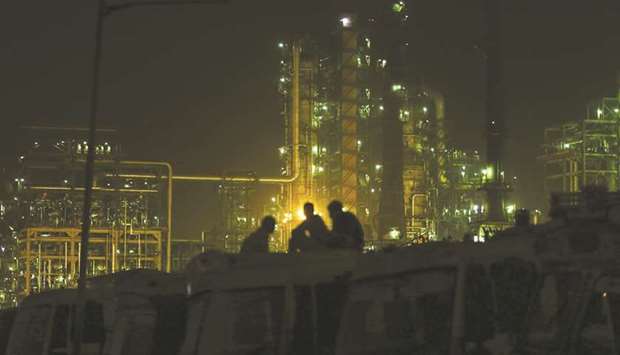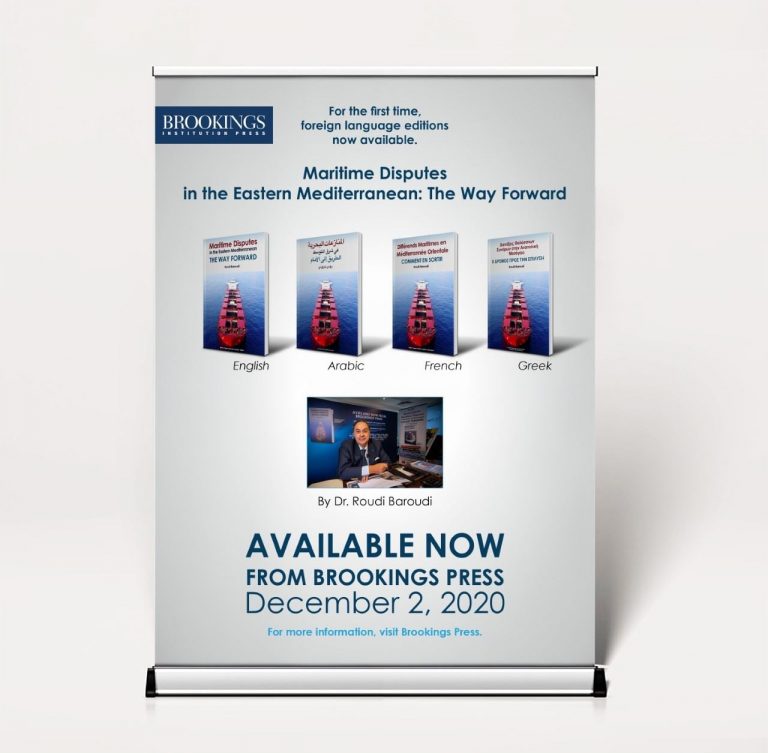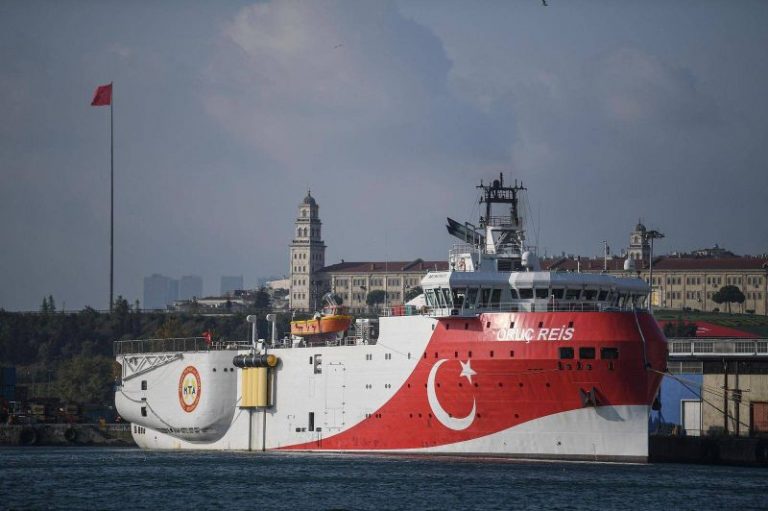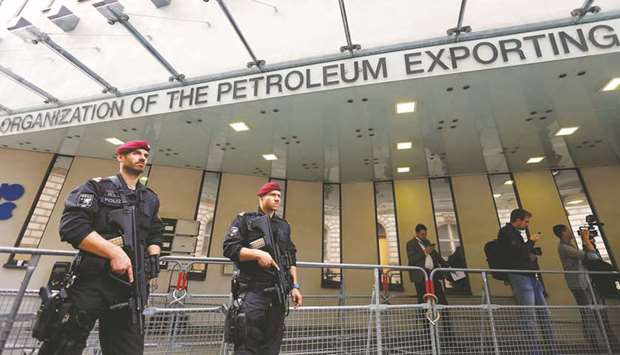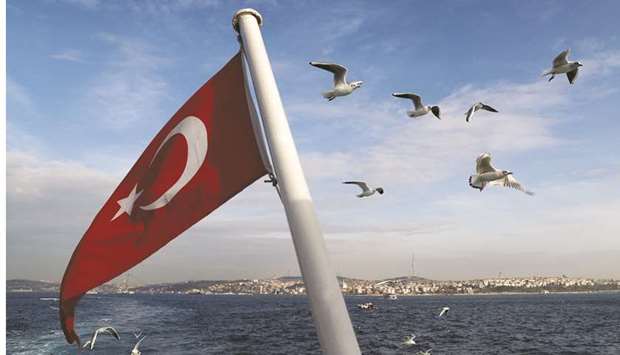Gas is natural partner of the world in recovery: GECF
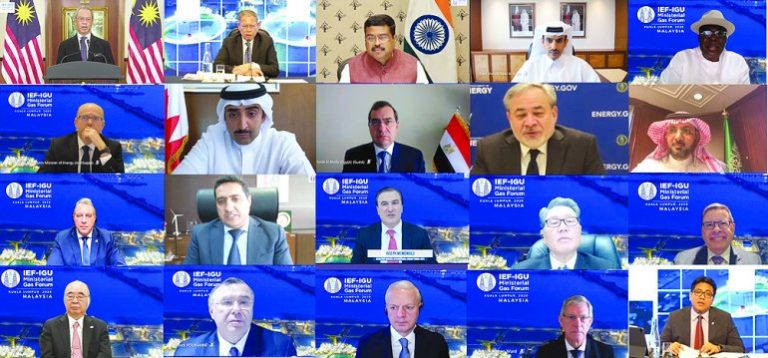
The Peninsula
Doha: Natural gas embodies all the attributes required to achieve the multidimensional challenges of environmental protection, energy access, and affordability in a world stepping onto the road of recovery, the Secretary-General of the Doha-based Gas Exporting Countries Forum (GECF) Yury Sentyurin has said at the 7th IEF-IGU Ministerial Gas Forum, which was hosted virtually by the Malaysian government recently.
“As the world reaches the end of the pandemic tunnel, it will need an energy partner that can help prevent environmental degradation, ensure a stable and uninterrupted supply of energy, and bring affordable and reliable energy for all. Natural gas is that partner,” said Sentyurin.
He added: “The GECF member countries are amongst the lowest cost producers globally and are able to weather the current storm, or any other. We understand our duty to the world and are committed to strengthen global energy security as reliable suppliers of this important energy source. Natural gas will become the leading source in the global energy mix by mid-century, increasing its share from currently 23 percent to 28 percent”.
During the event, the Minister of State for Energy Affairs and President and CEO of Qatar Petroleum, H E Saad Sherida Al Kaabi also struck a positive chord by maintaining that the gas industry, particularly LNG, has several milestones yet to achieve.
“I believe the economic and environmental realities of the post-COVID-19 era will help to increase the competitiveness of LNG and I have no doubt that the best for the LNG industry is yet to come,” said Al Kaabi.
The high-level gathering embraced the exponential growth of natural gas since the first edition in 2008 and highlighted the role of natural gas as it pertains to strengthening energy security and facilitating an orderly energy transition in an increasingly carbon constrained world.
Most of the energy ministers who spoke during the day-long conference – from India to Qatar to Malaysia – pinpointed Asia as the main demand node for natural gas on the back of rising populations, environmental pledges, and phasing out of coal. Currently coal meets 47 percent of Asia’s energy consumption, while natural gas provides just 12 percent of primary energy consumption in the world’s largest region.
According to the GECF Global Gas Model, ASEAN and East Asia countries’ energy needs will account for around 60 percent of global energy demand increase between today and 2050. This growth will account for 42 percent of the global gas increments within the outlook period, driven by China, India, emerging markets such as Bangladesh, Pakistan, and a few others in South East Asian countries.
“Increasing Asia’s share of gas energy consumption to 20 percent would add the equivalent of more than 400 million tonnes of liquified natural gas (LNG) to annual gas demand, almost doubling the size of the LNG market,” said H E Tan Sri Muhyiddin Yassin, Prime Minister of Malaysia, in his inaugural address. Malaysia – a member of the GECF coalition – is the fifth largest exporter of LNG in the world, delivering over 11,000 cargoes since 1983. But now the country is reimaging the role of natural gas.
According to India’s Minister of Petroleum & Natural Gas and Steel, H E Shri Dharmendra Pradhan, the demand for natural gas and other energies in the world’s second populous nation has already returned to pre-COVID-19 levels.
“I’m happy to mention that the energy demand in India, particularly of the petroleum products and natural gas, has returned to pre-Covid-19 level. As the third largest global energy consumer, I am confident that India will continue to remain a key global energy demand centre, particularly for natural gas,” added Pradhan.
Meanwhile, ministers from Nigeria, Egypt, Azerbaijan and Iraq further discussed the opportunities that exist in growing gas markets and various policy pathways to achieve net-zero emissions in two sessions of the meeting.
Announcing that major oil exporter Iraq will increasingly switch to natural gas to generate power for its citizens, Minister of Oil H E Ihsaan Abdul Jabbar, said: “Our target is to utilise more and more gas, from associated gas fields and from free fields, to use it as a fuel for power generation for all of Iraq. This is our priority.”
Other ministers at the Ministerial Gas Forum joined from Bangladesh and Bahrain, including the Secretary of Energy from the United States of America, and ministers’ representatives from Brunei Darussalam, Canada, Morocco, Turkey and Kingdom of Saudi Arabia. Amongst the private sector were Total, Tellurian, Royal Dutch Shell, Dana Gas, Eni, to name a few.
